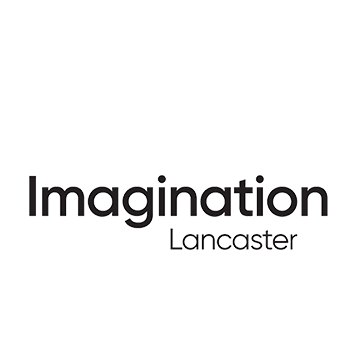I am delighted to announce I have recently been appointed by the International Dark-Sky Association (IDA) as an official advocate in recognition of my ongoing work to protect the night skies for present and future generations.
I will be working across academia and multiple design professions to promote positive engagements with darkness and increase public understanding of key issues. This will involve new approaches to how we design and integrate lighting in places, with an emphasis on quality rather than quantity. We will help tackle the hidden global challenge of light pollution through new products and services.
“The impact of artificial lighting on human health and biodiversity is well known yet design has largely been absent from such research. Our work will redress this, ensuring we commit, act and engage others in the future of our shared planet.”
My ongoing research also aims to show the role the arts, humanities and social sciences can bring to provide new experiences and understandings of darkness. Our current research in the City & Urban cluster has been piloting how we can develop a more-than-human approach to designing nocturnal places.
Please get in touch to discuss the potential of working together. Email: nick.dunn@lancaster.ac.uk
Professor Dunn is the founding Director of the Dark Design Laboratory, funded by Research England as part of the £13m E3 Beyond Imagination project, exploring the impacts of nocturnal activity on humans and non-humans, with the aim of reducing the environmental impact of urban places at night.
His team are currently establishing the laboratory to investigate how to better environments, products, and services that design with darkness rather than against it. He is author of ‘Dark Matters: A Manifesto for the Nocturnal City’ (Zero, 2016) and co-editor of ‘Rethinking Darkness: Cultures, Histories, Practices’ (Routledge, 2020).
